ADF – OurTown
In the novel American Democracy Forever, the OurTown social media app provides the glue that unifies the Forum clubs and supports their discussions and actions. It was developed by PARC in the late 1970s using the newly created Smalltalk programming language. It was prototyped in the San Francisco area on a private telecom network, and in the late 1980s, moved to the newly created internet to unite all Forum Clubs.
Dr. Charlie Durand, the owner of PARC hired Dr. Douglas Engelbart to lead the development of OurTown. In Charlie’s Life 1, Dr. Engelbart had an outstanding record of technological innovations that augment human abilities to manipulate information.
[Dr.] Engelbart reasoned that the state of our current technology controls our ability to manipulate information, and that fact in turn will control our ability to develop new, improved technologies. He thus set himself to the revolutionary task of developing computer-based technologies for manipulating information directly, and also to improve individual and group processes for knowledge-work. [Wikipedia]
Charlie wanted Engelbart’s creative spirit applied to the information processing needs of the Forum Clubs. Himself a Ph.D. in Computer Science with extensive memories of the technology developed in his first lifespan, Charlie set the objectives and schedules that OurTown was to achieve. With a large R&D budget and the talents of brilliant Smalltalk programmers, the PARC team tackled the problems of human/computer interactions. The results exceeded Charlie’s expectations.
At this point, it is useful to summarize what American Democracy Forever has to say about OurTown:
- “Smalltalk was the foundation on which the OurTown social media platform would be built to support the networking needs of the Forum Clubs.”
- “OurTown was [initially] developed as a stand-alone application running on Xerox Alto high-end workstations.”
- “Like Facebook and Twitter, it supported messages among members; like Wikipedia, it supported the editing of shared pages of hypertext, with their associated Talk pages for discussions; and like multi-player games it offered challenges and rewards for contributions of ideas and commentary. Unlike Facebook and Twitter, ideas and discussions did not just disappear into the ether where they would be forever forgotten.”
- “… postings entered into OurTown stimulated the neural network of Forum Club nodes connected through their CoCs [Committees of Correspondence].”
- “… OurTown was the means by which actions were organized and coordinated, everything from purely local appeals to politicians to statewide and even nationwide protest marches involving thousands of Forum Clubs and millions of people in hundreds of cities.”
- “Each Forum Club had its own virtual neighborhood within OurTown to maintain focus on local issues, but OurTown also included powerful AI software to search for logical linkages among postings so that new ideas could emerge and be offered to Forum Clubs for their consideration.”
- “Charlie financed the initial release of OurTown, but it quickly became self-financing through advertising. The development and maintenance of server farms for OurTown was handled by the OurTown Foundation.”
- “He allowed OurTown to evolve on its own.”
- “Using the wiki and CoC capabilities of OurTown, position papers were produced and discussed on a wide variety of legal topics.”
- Charlie “emphasized the need for security, and wanted a way to partition OurTown so that it supported the Forum Clubs of multiple nations: in effect, to provide OurTown with national borders.”
- “Forum discussions are held on the OurTown web site. They are structured like multi-player games in which players can earn points based on their level of participation. Whoever clearly defines a new problem, idea, or action gets ten points and another point for each comment that significantly qualifies it, positive or negative. A player who enters a comment gets five points plus a point for each comment on it, and so forth.”
- “But this all sounds complicated. How does it actually work?”
“With a heck of a lot of effort by a group of people at OurTown,” Charlie said. “They register players, publish articles, receive comments, manage a database, and award points to players.” - “PARC engineers migrated OurTown from its private telecom network—that had served it well for ten years [to the internet]. This was relatively simple since the telecom layers of OurTown had been cleanly separated from the functional layers.”
- “PARC has major operations in Europe, Israel, India, and Japan, and OurTown is distributed and replicated across dozens of international servers where Donald can’t touch them.”
- “The OurTown AI ranked congressional districts by probability of Democratic success.”
OurTown is clearly a complex software system. How did it evolve?
In the late 1970s, the work of Charlie’s Smalltalk team at PARC resulted in the interactive WIMP interfaces in common use today. Throughout the 1980s, PC productivity apps were built on top of this base, including: spreadsheets, WISWIG word processing, graphics design, photo manipulation, and more.
At the same time, apps were developed to facilitate communications: person-to-person (e.g., email, file transfer, and music sharing), person-to-server (e.g., online forums, wikis, databases, and browser-based services), and machine-to-machine (e.g., distributed data management services). From this evolved the general concept of client-to-server apps in which the client app presents a user interface and requests data and processing services from a server.
Charlie’s Ph.D. in Computer Science and his Life 1 memories of future technologies enabled OurTown development to be ahead of technological trends by several years. The OurTown apps adhered to and defined common human interface and machine interchange standards that were widely adopted. Other vendors produced many of the same products, but OurTown’s big advantage was its implementation on a common Smalltalk base that provided tight integration, and most importantly, provided hypertext links between documents, spreadsheets, and other types of objects.
A key feature of OurTown is its support for Forum Clubs. For each Forum Club, OurTown encapsulates a neighborhood in which only its members can use the various OurTown facilities. Encapsulation prevents non-members from using any OurTown facilities and prevents the spread of misinformation.
Each OurTown neighborhood includes a Committee of Correspondence that implements specific protocols for communications among the CoCs of Forum Clubs.
The concept of neighborhoods includes groups of Forum Clubs and groups of groups. For example, a state with Judicial Forum Clubs in each of its cities could form a State Judicial Forum Club to consolidate state-wide discussions and actions. Similarly, there could be a National Judicial Forum Club whose neighborhood encompasses all State Judicial Forum Clubs, etc. At the highest level, the neighborhood of the United States Forum club encompasses all Forum Clubs in the United States, and the same for France, etc. Forum Clubs, dealing with international issues, have their own, separate neighborhood.
Unlike other social media applications, OurTown is not browser based. Each user device must install the OurTown app, which then acts as a client that communicates via specialized protocols with the OurTown servers. Over time, these servers became massively parallel server farms with processors and memory distributed throughout the world.
The OurTown AI (Artificial Intelligence) resides in these server farms and provides many services to local neighborhoods. For example, it can summarize the discussions held in the neighborhoods of a group and generate surprising insights.

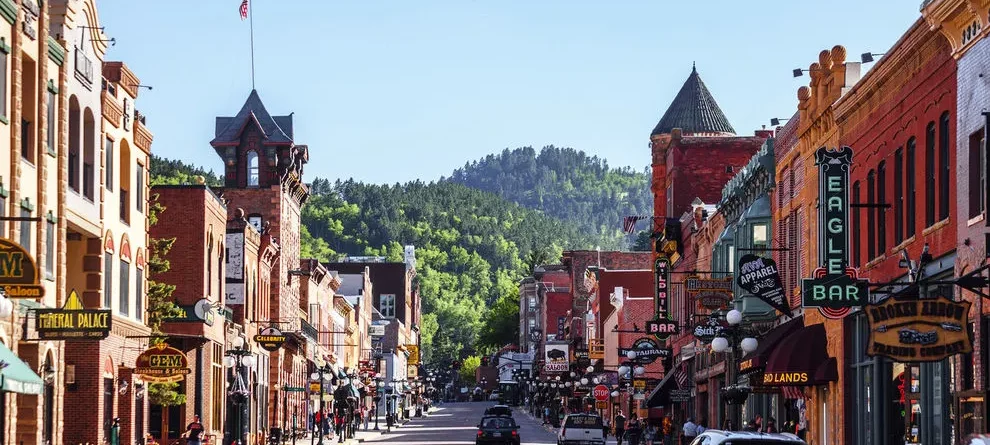

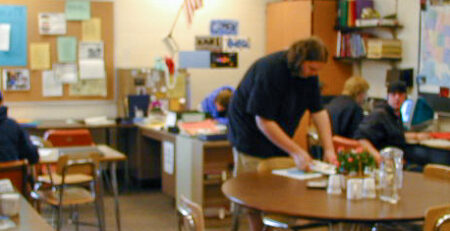
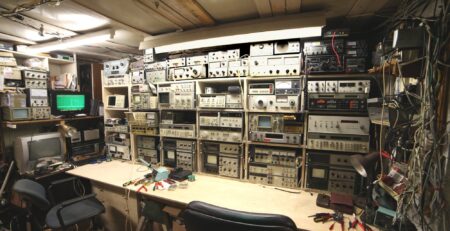
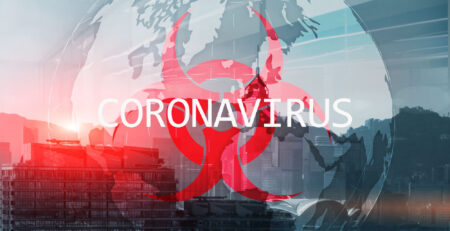
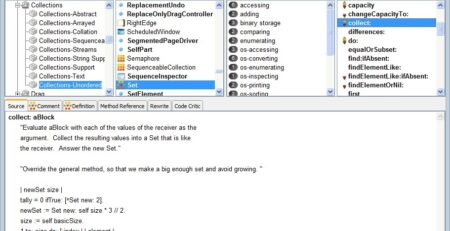
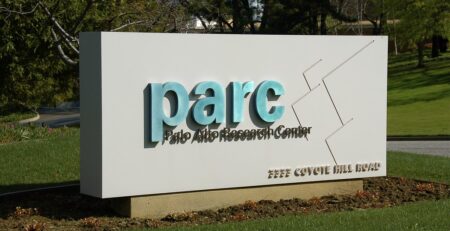

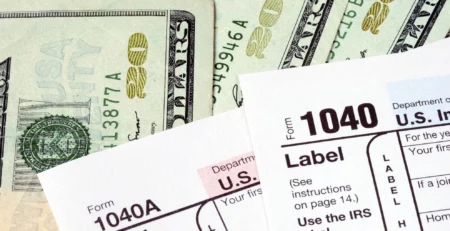
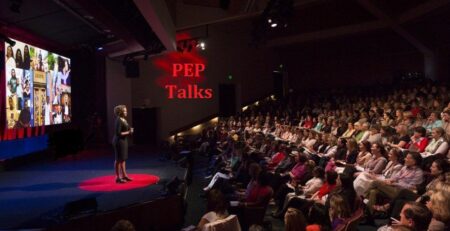

Comments (5)
[…] Foundation with startup funds and training courses, the PEP Talk speaker’s bureau, and the OurTown social media platform. One must ask why such support does not exist for local Democratic Parties, […]
[…] emphasis on Smalltalk to take advantage of its flexibility. He tasked PARC with the development of OurTown in Smalltalk. The social media platform of the Forum Clubs, OurTown became one of his primary tools […]
[…] another reason for creating PARC. He wanted an in-house software R&D lab for the creation of OurTown, a social media platform tailored to the needs of the Forum Clubs. He remembered the Life 1 […]
[…] Forum Clubs. Topical and International Forum Clubs were also created for special interests. The OurTown social media app developed by PARC enhanced connectivity among Forum Clubs. The overall network of […]
This is the perfect website for everyone who really wants
to understand this topic. You understand so much its almost
tough to argue with you (not that I actually would want to…HaHa).
You certainly put a new spin on a subject which has been written about for years.
Wonderful stuff, just great!